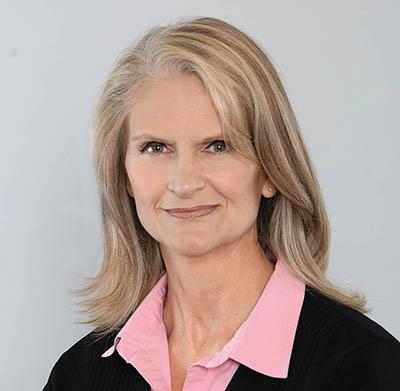
7 minute read
From The Dean
As a public health professional and medical provider, I am well-versed in the benefits of interdisciplinary work and research. Throughout my career, I’ve worked with numerous professionals in health care, politics, private business, nonprofit and academic sectors. Each experience reminds me of the importance of teaching our students how to work in interdisciplinary environments and be valuable members of these teams.
Interdisciplinary Research
When I heard about the theme for this year’s issue of the Hudson College of Public Health magazine, I decided to look up the official definition. The Oxford English Dictionary defines interdisciplinary as “involving different areas of knowledge or study.” When applied to research, many agree it means combining or involving two or more academic fields. I would take the definition further to say that it involves researchers from different fields working together with a single mission or purpose. In public health, this often takes the form of practitioners working with various medical care professionals (e.g., doctors, nurses, pharmacists, social workers and dietitians).
Yet, due to the broad nature of public health, we also find practitioners working with engineers, architects, city planners, graphic designers and artists, local leaders, nonprofit agencies, political advocates and many others. You will see some great examples of this in the faculty stories. The reality is that so much of what we do in public health is interdisciplinary that sometimes we may not even realize or think about it. For some, it’s very apparent that their research is interdisciplinary, but for others, it may be less noticeable. When you search for it, you realize that interdisciplinary research touches almost every part of academia. I might even say that it’s at the heart of academia itself.
In each of the faculty stories, you will read about the variety of ways our public health faculty members are conducting interdisciplinary research. Each one was asked what interdisciplinary meant to them, and while the answers were similar, they were also unique. The term appears to have a slightly different definition depending on whom you ask. Perhaps that’s the nature of our work; it’s constantly shifting and changing based on its components and aims. I imagine it like a Venn diagram with multiple colored circles overlapping. Each sector interacts with the others in different ways, resulting in an array of colors. That’s interdisciplinary research; it’s a work of art in real time.
This type of research requires us to think outside of our fields and realms of knowledge. It opens our minds to new methodologies, areas of research, and so much more. I am extremely proud to highlight our faculty and the incredible interdisciplinary research at the Hudson College of Public Health. I’m also grateful for the talented graphic design students on the Norman campus who designed this magazine. I am inspired by their artistic vision and representation of public health topics and issues.
A Word of Thanks
I want to thank our amazing students, faculty and staff, leadership and donors for making the Hudson College of Public Health an exemplary educational and research institution. With the generosity of current and past donors, we are cultivating the next generation of public health professionals. As we look to the future, our college is committed to providing and expanding learning opportunities and online courses and degrees to students in Oklahoma and across the world. Thank you for supporting us and committing to improving health through public health education, workforce development, research, service and advocacy.
Dale W. Bratzler, D.O., M.P.H. Dean of the Hudson College of Public Health
Purpose Statement
Values
Excellence
The Hudson College of Public Health strives to achieve excellence in all of its endeavors.
Mission
To protect and improve the health of people through public health education, workforce development, research, service and advocacy.
Vision
The college will be nationally recognized for providing excellent education for public health practice professionals and for public health research scientists, for innovative research on contemporary issues in public health, and for translating research and scholarship into evidence-based practice, management and public health policy.

Integrity
The Hudson College of Public Health adheres to the highest standards of honesty, objectivity, transparency, fairness and ethical conduct at all times.
Success
The Hudson College of Public Health is committed to making sure every student has access to an affordable and high-quality education; feels valued and supported; and is prepared for a career in public health.
Public Service
The Hudson College of Public Health exists to serve the people of Oklahoma and the United States and their efforts to protect and improve their health, and to contribute to international efforts to improve the health of other nations.
Health Equity
The Hudson College of Public Health advocates the principle that all individuals have a right to the opportunity for a healthy life. The college is committed to reducing and eliminating health disparities among populations.
Diversity and Inclusion
The Hudson College of Public Health is committed to a culture that respects and embraces diversity and equity and to confronting barriers to inclusion.
Responsibilities
The Hudson College of Public Health strives to make the most effective use of all resources it receives, to use responsibly all state, federal and private funding, and to leverage its resources into additional resources for the college, university and state of Oklahoma.
Partnership
The Hudson College of Public Health is committed to fostering collegial productive partnerships with all stakeholders who share the vision of protecting and improving the public’s health.
HUDSON COLLEGE OF PUBLIC HEALTH STRATEGIC PLAN 2023-28
The Hudson College of Public Health is one of only 63 schools of public health in the United States accredited by the Council on Education for Public Health. The college was founded at the University of Oklahoma Health Sciences Center in 1967 and was first accredited in 1969. The Hudson College of Public Health has a tradition of providing education for both public health practice professionals and public health research scientists, conducting research and scholarship on contemporary issues in public health, and providing public health service to the community, state and nation.
For each strategic pillar, our strategic plan outlines strategies, tactics and key performance indicators. The Hudson College of Public Health Strategic Plan aligns directly with the OU Health Science’s Strategic Plan. This alignment extends to the overarching goals of the University of Oklahoma consistent with its strategic plan and mission, including its initiative to collaborate with the evaluators from the Higher Learning Commission in preparation for its 2023 self-study report and site visit.
Strategic Plan Pillars
1 2 3 4 5
Faculty Awards And Promotions
The Hudson College of Public Health recognizes faculty for their outstanding teaching, research, scholarly research, creative activity, and professional service to the college and university.
Faculty Promotions
Katrin Kuhn, Ph.D. Faculty Board Outstanding Teaching Award
Lancer Stephens, Ph.D. Student Association Faculty Teaching Award
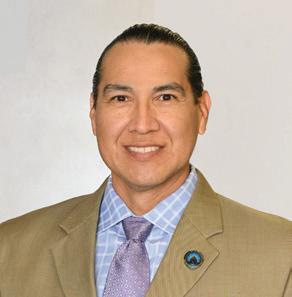
Chao Xu, Ph.D. Provost’s Research Award
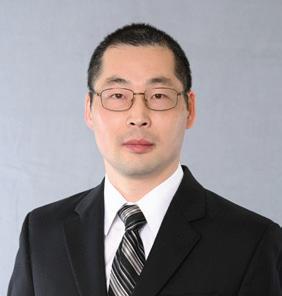
Sixia Chen, Ph.D. Provost’s Teaching Award (Early Career Faculty)
Margaret Phillips, Ph.D. Dean’s Master Teaching Award
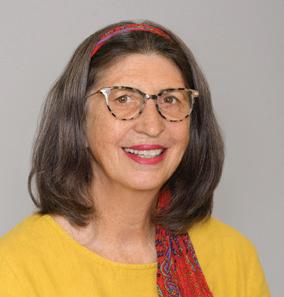

Marianna Wetherill, Ph.D. Robert Magarian Faculty Excellence Award
Jennifer Peck, Ph.D. David Ross Boyd Professorship, Department of Biostatistics and Epidemiology
Kai Ding, Ph.D. Professor, Department of Biostatistics and Epidemiology

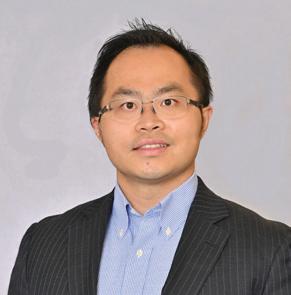
Karla Finnell, Ph.D. Associate Professor, Department of Health Promotion Sciences
Katrin Kuhn, Ph.D. Associate Professor, Department of Biostatistics and Epidemiology

Amanda Janitz, Ph.D. Associate Professor with Tenure, Department of Biostatistics and Epidemiology
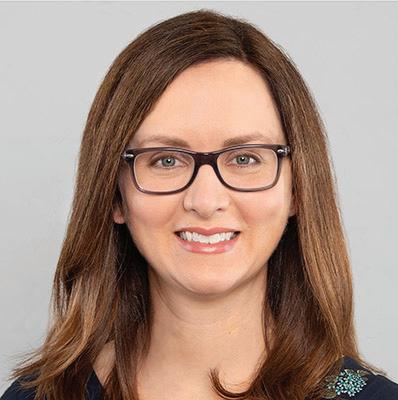
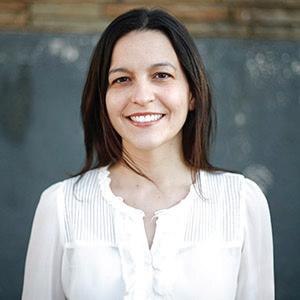
Janis Campbell, Ph.D. Promotion to Tenure, Department of Biostatistics and Epidemiology
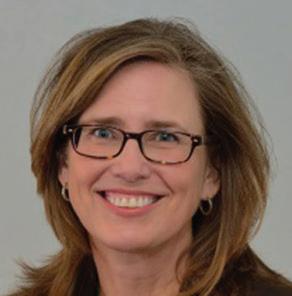
Marianna Wetherill, Ph.D.
Promotion to Tenure, Department of Health Promotion Sciences
